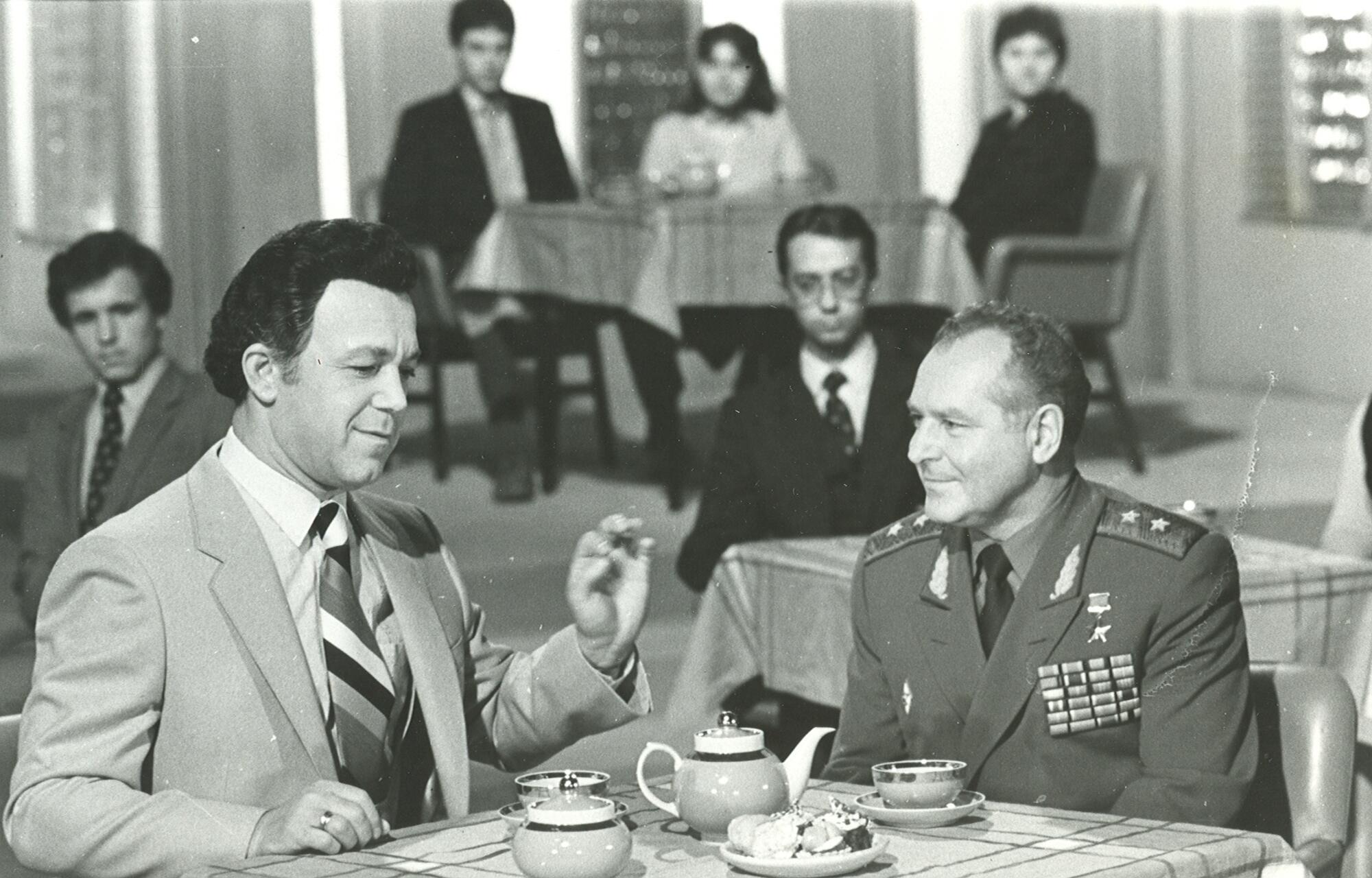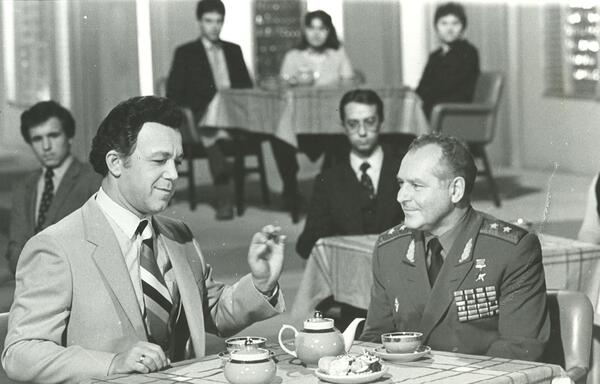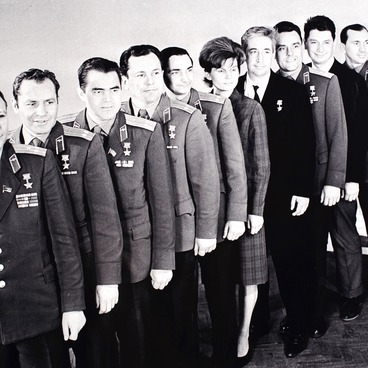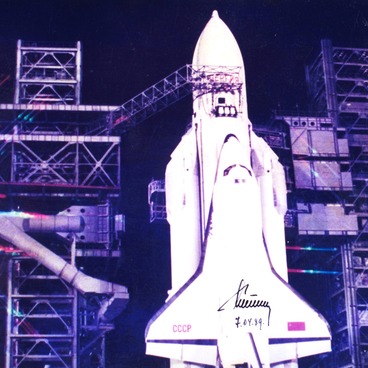According to his friends and colleagues, the world’s second cosmonaut Gherman Stepanovich Titov was a down-to-earth and humble man who did not put on airs because of his fame and was always ready to perform any tasks and meet various people. He was an open and warm-hearted person. People addressed Titov personally and wrote letters to him in connection with any issues such as work, family life, or household problems. He always did his best to help people.
His senior position in the Center for Management of Military Spacecraft was not formal. He regularly visited launch sites and Space Forces units. As a member of the Supreme Soviet of the USSR, Titov always aspired to fulfill his commitments with maximum efficiency.
Gherman Titov’s contemporaries emphasized his unique experience of testing space and aviation equipment, as well as the wide scope of his professional interests: from building schools and kindergartens for the children of cosmonauts to designing complicated spacecraft. He was an enthusiastic hard worker who advocated the interests of the projects he believed in, regardless of the position of the military and government officials that he was talking to. He always tried to secure funding and practical implementation of such projects.
Titov was a well-rounded and intelligent person. Thanks to his father Stepan Pavlovich who had many artistic and musical talents, Gherman had a great knowledge of painting and cinema and enjoyed going to the theater. At school, he was a literary circle editor and wrote poetry. Gherman Titov participated in various concerts with great enthusiasm. He admired Pushkin, read his poetry, and knew many of his poems by heart. For example, Gherman Titov learned Pushkin’s “Eugene Onegin” during his preflight tests in an isolation chamber in 1960.
In this picture from the museum’s collection, the cosmonaut is depicted during the filming of the Little Blue Light variety show in 1983. Sitting next to him is the legendary Soviet and Russian singer, social and political activist Iosif Davydovich Kobzon who is known in particular for his touching delivery of military and patriotic songs.
His senior position in the Center for Management of Military Spacecraft was not formal. He regularly visited launch sites and Space Forces units. As a member of the Supreme Soviet of the USSR, Titov always aspired to fulfill his commitments with maximum efficiency.
Gherman Titov’s contemporaries emphasized his unique experience of testing space and aviation equipment, as well as the wide scope of his professional interests: from building schools and kindergartens for the children of cosmonauts to designing complicated spacecraft. He was an enthusiastic hard worker who advocated the interests of the projects he believed in, regardless of the position of the military and government officials that he was talking to. He always tried to secure funding and practical implementation of such projects.
Titov was a well-rounded and intelligent person. Thanks to his father Stepan Pavlovich who had many artistic and musical talents, Gherman had a great knowledge of painting and cinema and enjoyed going to the theater. At school, he was a literary circle editor and wrote poetry. Gherman Titov participated in various concerts with great enthusiasm. He admired Pushkin, read his poetry, and knew many of his poems by heart. For example, Gherman Titov learned Pushkin’s “Eugene Onegin” during his preflight tests in an isolation chamber in 1960.
In this picture from the museum’s collection, the cosmonaut is depicted during the filming of the Little Blue Light variety show in 1983. Sitting next to him is the legendary Soviet and Russian singer, social and political activist Iosif Davydovich Kobzon who is known in particular for his touching delivery of military and patriotic songs.



